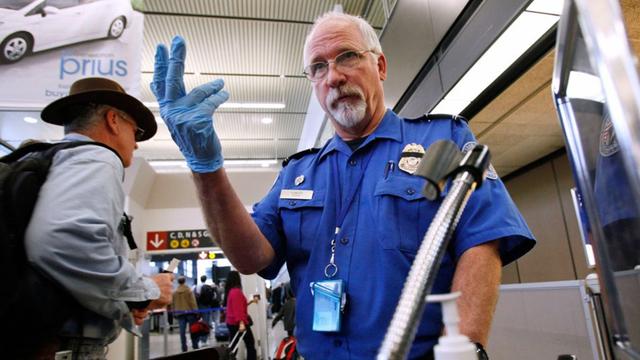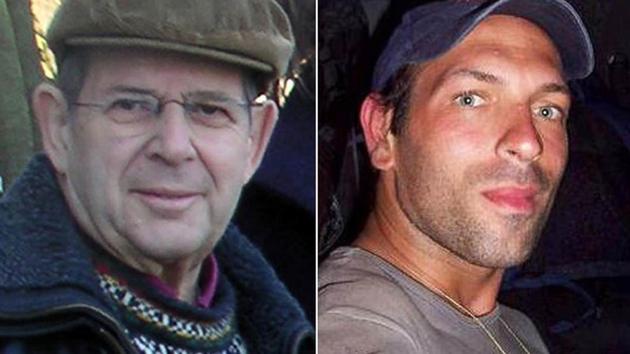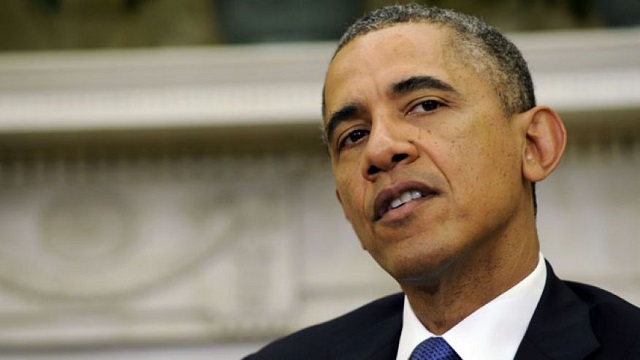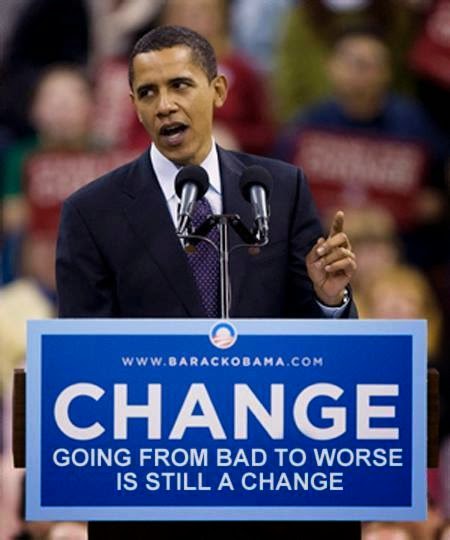Report: Why the Arab Spring Failed
The Rubin Center for Research in International Affairs has issued a report by Jonathan W. Pidluzny, Ph.D., who is an assistant professor of government at Morehead State University. Dr. Pidluzny has recently held academic fellowships with the Foundation for the Defense of Democracies and the Jack Miller Center.
The Arab Spring began in 2011 during the Obama administration and while Hillary Clinton was U.S. Secretary of State. This report by the Rubin Center provides an understanding of why it has failed. It failed not for the reasons you may think.
CLICK HERE TO DOWNLOAD THE FULL REPORT.
WHY THE ARAB SPRING FAILED: THE CULTURAL ROOTS OF THE ARAB PREDICAMENT, A REVIEW ESSAY OF TAREK HEGGY’S THE ARAB COCOON AND THE ARAB MIND BOUND
By Jonathan W. Pidluzny
 Every year, life in the Arab Middle East gets worse for its inhabitants. Tarek Heggy’s books The Arab Cocoon and The Arab Mind Bound (2011) argue that cultural factors are to blame. With all eyes focused on the Arab Spring, his books did not receive the attention they deserved on publication. They are worth revisiting today, because they help to explain why the Arab Spring failed. Heggy argues that a “Bedouin model” of Islam spread wildly in recent decades with ruinous consequences for the region’s educational system and its politics. This essay traces Heggy’s argument and explains why his cultural critique is also an argument against democratizing reforms.
Every year, life in the Arab Middle East gets worse for its inhabitants. Tarek Heggy’s books The Arab Cocoon and The Arab Mind Bound (2011) argue that cultural factors are to blame. With all eyes focused on the Arab Spring, his books did not receive the attention they deserved on publication. They are worth revisiting today, because they help to explain why the Arab Spring failed. Heggy argues that a “Bedouin model” of Islam spread wildly in recent decades with ruinous consequences for the region’s educational system and its politics. This essay traces Heggy’s argument and explains why his cultural critique is also an argument against democratizing reforms.
The Arab Spring and the events that have followed will mark a turning point of lasting historical significance for the Arab world, though not the one Western observers envisioned when popular unrest first burst to the surface in 2011. With the hopes roused by the “Arab Spring” extinguished (or worse) in virtually every country affected by its revolutions, the question Tarek Heggy took up in two books published as protestors first took to the streets is more urgent than ever. The Arab Cocoon (2010)[1] and The Arab Mind Bound (2011)[2] boldly ask why the Arab world has proven so resistant to progress in all its forms. The books did not receive the attention they deserved when they were first published, probably because they offered a grim assessment of the Arab world’s predicament at a time the world was giddy with hope, naively confident the Middle East was finally on the cusp of meaningful, ground-up, democratic reform.
Heggy, a prominent advocate of political reform in Egypt and a successful oil-industry executive, published the first book before Mohamed Bouazizi’s self-immolation in a Tunisian fruit market set the region ablaze, and the second, in early 2011, just as the uprisings were beginning to gain momentum in Egypt. As a result, the author could only comment on the Arab Spring in passing, in an optimistic note appended to the second book just prior to its publication. “I am certain,” he wrote, “that the revolutions of the youth of the middle class… will bring about the required change within the structure of the Muslim mind, Muslim culture and Islamic religious teaching.”[3] Although Heggy’s hopes have been disappointed, his analysis of the political and cultural milieu in which the revolutions unfolded is all the more pertinent in light of the devastation it has wrought. In fact, his analysis helps to explain the failure of the Arab Spring, even though he did not, himself, predict it would fail. The account Heggy puts forth–that it is Arab culture, broadly construed, that is holding the region back–helps to explain why steps toward openness and democracy can have illiberal and destabilizing consequences.
The problems Heggy catalogues are well known. According to virtually every metric, the Arab world’s economic and political systems perform appallingly. The region’s governments are among the most corrupt on the planet; untouched by the third wave of democracy, the Arab world cannot, to this day, claim a single functioning liberal democracy; respect for the rights of women and minorities–never a shining example for the world–has deteriorated since the Arab Spring catapulted Islamist parties to power; abject poverty remains widespread, and opportunity for economic advancement nonexistent for huge proportions of unusually young populations; and violent ideologies claiming a basis in Islam’s sacred texts inspire new adherents every day, who are tearing the region apart. The region fares no better in literary and intellectual pursuits. In spite of the Arab world’s impressive achievements in the sciences and the arts during its golden age, the region makes very few cultural or scientific contributions of global importance today.[4]
Efforts to explain the region’s seemingly intractable resistance to progress and development, many of which blame America, the West, and Israel for the Mideast’s problems, have yielded an immense literature. Heggy’s answer sets his books apart. He dispenses with the familiar tropes: No, U.S. foreign policy and the existence of Israel are not the primary reasons for Mideast malaise. Nor does he blame European colonialism, the global capitalist system, or the league of autocratic rulers who clung (and in places, continue to cling) to power thanks to oil revenues or outside military aid. Instead, Heggy draws on his cosmopolitan background, long experience in the region as a businessman, and discussions with public intellectuals of every persuasion to offer a profound critique of the Arab mind.
RELATED ARTICLE: White House Legitimizes Iran’s War Against Israel











